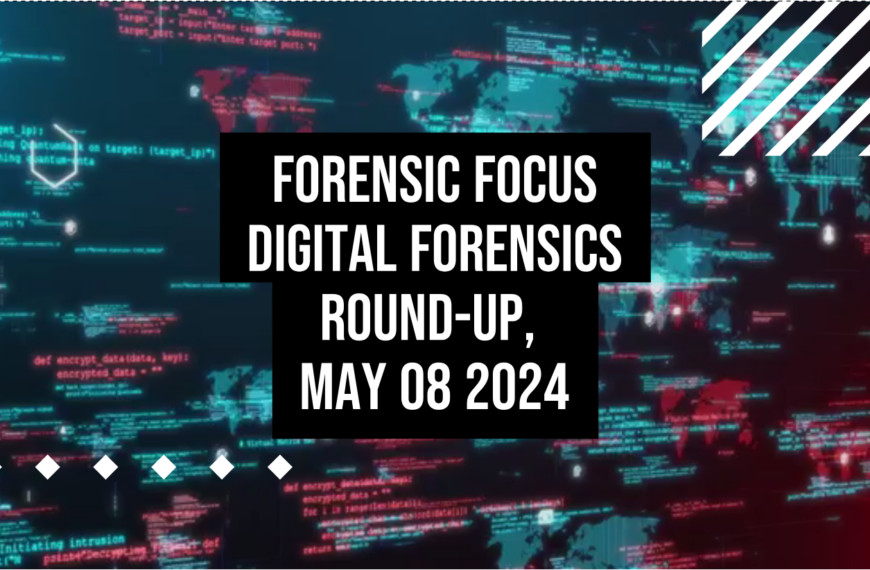2023 ISC Cybersecurity Workforce Study
Cybersecurity may be facing a significant challenge in the form of a talent gap, particularly within digital forensics. The 2023 ISC2 Cybersecurity Workforce Study highlights the depth of this issue, pointing to a skills gap exacerbated by financial constraints such as budget cuts and pay freezes, as well as the rapid advancement of technologies like artificial intelligence which complicate the cybersecurity landscape.
The study reveals a concerning shortfall of nearly 4 million cybersecurity professionals, with a notable 12.6% gap between the demand for skilled personnel and the supply. For the first time since the onset of the global pandemic, a decrease in hiring within the cybersecurity sector is anticipated in 2024, underscoring the severity of the talent shortage.
Recruitment Challenges
Recruitment efforts for digital forensics professionals span a variety of platforms, from digital avenues like LinkedIn to specialized cybersecurity job boards and industry-specific events such as the Cyber Security Expo. Additionally, innovative approaches such as digital forensics apprenticeships are being explored, with UK police forces leading the charge in this new recruitment strategy.
Scott Saunders, DFIU Manager at Hertfordshire Constabulary, highlights the difficulties in trying to recruit into specialist digital forensics roles in the public sector, saying that it is difficult to compete with the private sector and the salaries offered in big cities. He says:
“The draw to the private sector or higher salaries often impacts the ability to recruit suitably trained staff. This results in recruiting staff requiring training and development to the required level and finding that they again are drawn to the private sector or forces that can offer higher salaries.”
Scott Saunders, DFIU Manager at Hertfordshire Constabulary
Another critical area of concern is the need for comprehensive training. Current training programs often focus narrowly on specific disciplines, leaving professionals ill-equipped for the broader demands of digital forensics work. Andrew Garrett, CEO at Garrett Discover Inc, emphasises this point, saying:
“Good examiners are well rounded and must know computers, cell phones, vehicles, cellular, audio, video to be valuable in all respects. Most are being trained in one discipline in a one or two week school. This created a market of narrowly focused candidates with minimal training.”
Andrew Garrett, CEO at Garrett Discover Inc
The development of a well-rounded skill set, including practical courtroom experience, is essential for the cultivation of competent digital forensics professionals.
Addressing the Talent Gap
Collaboration between the digital forensics industry and academic institutions is one solution to the talent shortage, offering a pathway to recruit and develop skilled professionals through structured internship programs and performance-based compensation schemes.
Addressing the talent gap in digital forensics requires a multifaceted approach, encompassing strategic recruitment, comprehensive training, and industry-academia partnerships. As cyber threats evolve, so too must the strategies employed to cultivate the next generation of digital forensics experts.















